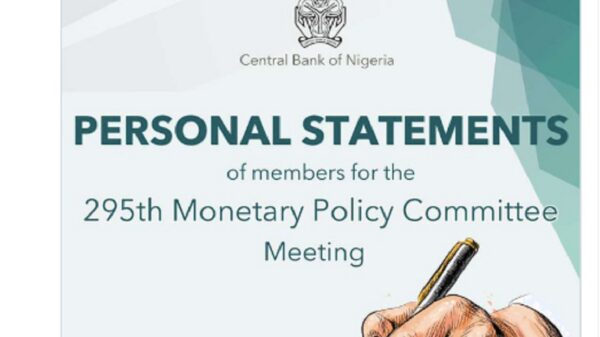In a recent video on YouTube, Chika Mbonu discusses the Manufacturers Association of Nigeria’s apprehension regarding the ban on producing small-sized spirit drinks by the National Agency for Food and Drug Administration (NAFDAC).
The ban targets sachets containing less than 200 milliliters, citing concerns about underage alcohol consumption. This move has sparked a debate on the potential consequences for employment and investments in the sector.
Understanding the Battle
The ban on sachet alcohol drinks has raised eyebrows in the business world, with the Manufacturers Association of Nigeria expressing worry about its impact on jobs and investments. NAFDAC, on the other hand, emphasizes the need to protect underage individuals from accessing alcohol. This sets the stage for a battle between consumer choices and health considerations.
Consumer Behavior and Market Dynamics: A Closer Look
Chika delves into the dynamics of consumer behavior and its implications for the market. The core issue revolves around the shrinking purchasing power of consumers, particularly in a country where a significant portion of the population lives below the poverty line. The emergence of a consumer base unable to afford larger bottles has led producers to adapt by introducing smaller sachets.
Miniaturization and Shrinkflation: Adapting to Consumer Habits
The concept of “miniaturization” or “shrinkflation” comes to the forefront. As consumers face financial constraints, businesses respond by offering smaller, more affordable options. This is particularly evident in the FMCG (Fast- Moving Consumer Goods) sector, where various products, including alcoholic beverages, transition from larger bottles to more accessible sachets.
NAFDAC’s Concerns: Balancing Health and Economic Interests
NAFDAC justifies the ban by highlighting the potential harm of making alcohol more readily available to underage individuals. The argument is that when alcohol is sold in larger bottles, it becomes less accessible to those below the legal drinking age. The concern is that miniaturized versions increase the risk of abuse and lack effective controls.
Government’s Role: Balancing Act Between Revenue and Citizen Health
Chika sheds light on the government’s responsibility to balance economic gains from alcohol sales with the health of its citizens. While acknowledging the importance of revenue generation through taxes, he emphasizes the need to avoid extreme positions. Striking a balance between employment opportunities, taxation, and safeguarding public health becomes crucial in this context.
Navigating the Middle Ground: Access Control and Regulation
Rather than an outright ban, Chika suggests a middle ground involving enhanced access control and regulation. This includes measures such as requiring ID cards for alcohol purchases and increased inspections by NAFDAC and security agencies. The idea is to find a solution that addresses health concerns without jeopardizing jobs and investments in the alcohol industry.
Super Eagles’ Victory and Its Economic Ripple Effect
Shifting gears, the discussion turns to the recent victory of the Super Eagles and its potential impact on the economy. Chika highlights the celebratory atmosphere and the likely surge in alcohol consumption during such events. While acknowledging the economic benefits for the brewery sector, he also addresses the potential downsides, such as increased accidents and public disturbances.
Striking a Balance for the Good of the Nation
The ban on sachet alcohol drinks reflects a larger societal challenge of balancing consumer choices, economic interests, and public health. The debate between NAFDAC and the Manufacturers Association of Nigeria underscores the complexities involved. Striking a balance through effective regulation, rather than an outright ban, appears to be a reasonable approach to address the concerns raised by both sides and ensure the well-being of the nation.






















































You must be logged in to post a comment Login